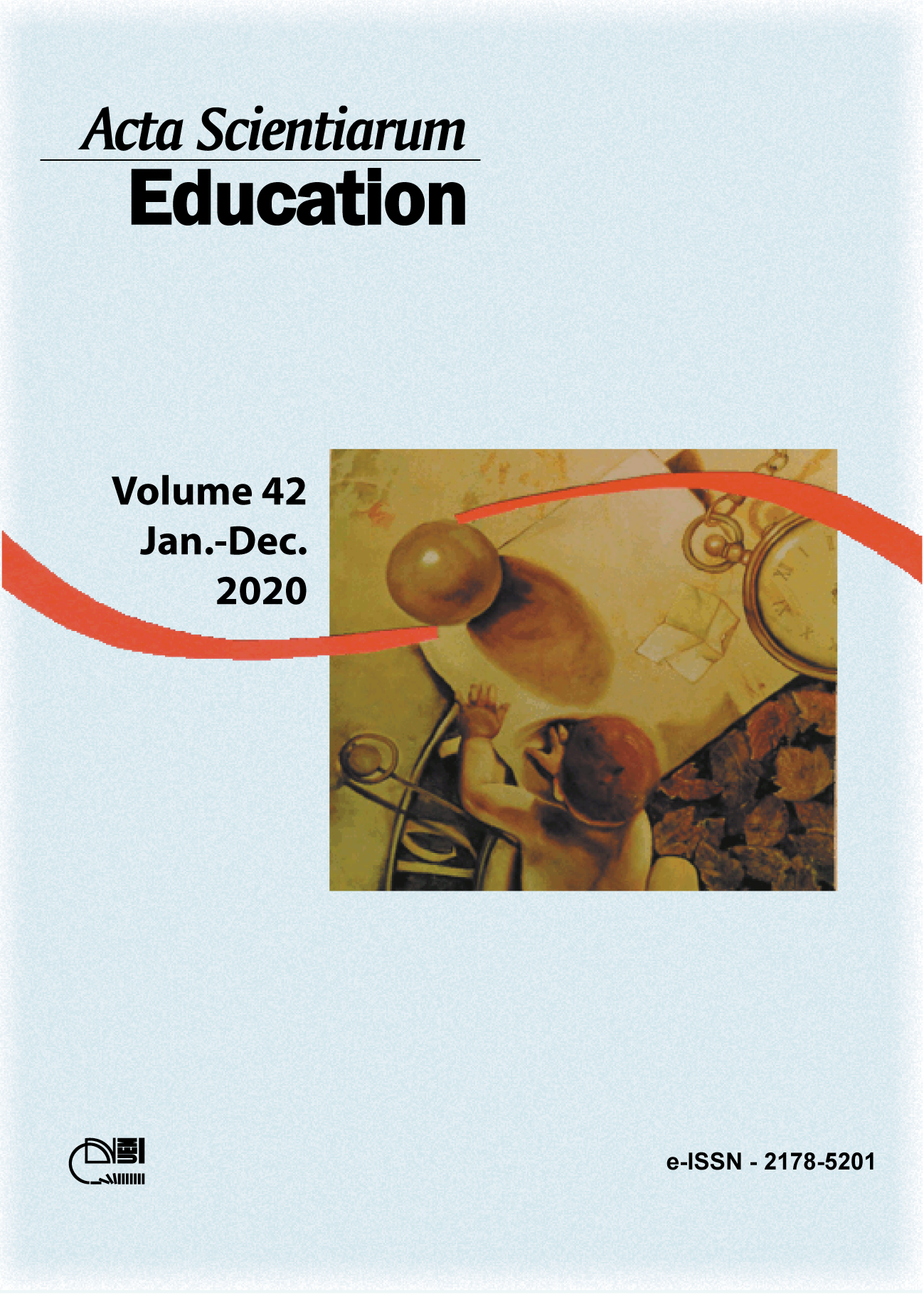Educational software and reading and writing practices: didactic and methodological possibilities
Abstract
This article we present a clipping of the Landin (2015) Master's research on the pedagogical analysis of three educational softwares aimed at the area of literacy and literacy, with the aim of broadening their reflections on the didactic and methodological possibilities for the promotion of practices of reading and writing with such resources. In order to do so, we briefly discuss the main characteristics of Landin's research (2015), which was based on the qualitative analysis of educational software in the process of teaching literacy and literacy and interviews with teachers in order to reflect on the teaching knowledge (Tardif, 2012) necessary for the didactic and methodological use of these resources in the teaching process. In the end, we propose some reflections for the expansion of possible reading and writing practices, and we also risk reflecting on some formative needs to do so.
Downloads

This work is licensed under a Creative Commons Attribution 4.0 International License.
DECLARATION OF ORIGINALITY AND COPYRIGHTS
I declare that this article is original and has not been submitted for publication in any other national or international journal, either in part or in its entirety.
The copyright belongs exclusively to the authors. The licensing rights used by the journal are the Creative Commons Attribution 4.0 (CC BY 4.0) license: sharing (copying and distributing the material in any medium or format) and adaptation (remixing, transforming, and building upon the material thus licensed for any purpose, including commercial purposes) are permitted.
It is recommended that you read this link for more information on the subject: providing credits and references correctly, among other crucial details for the proper use of the licensed material.















































